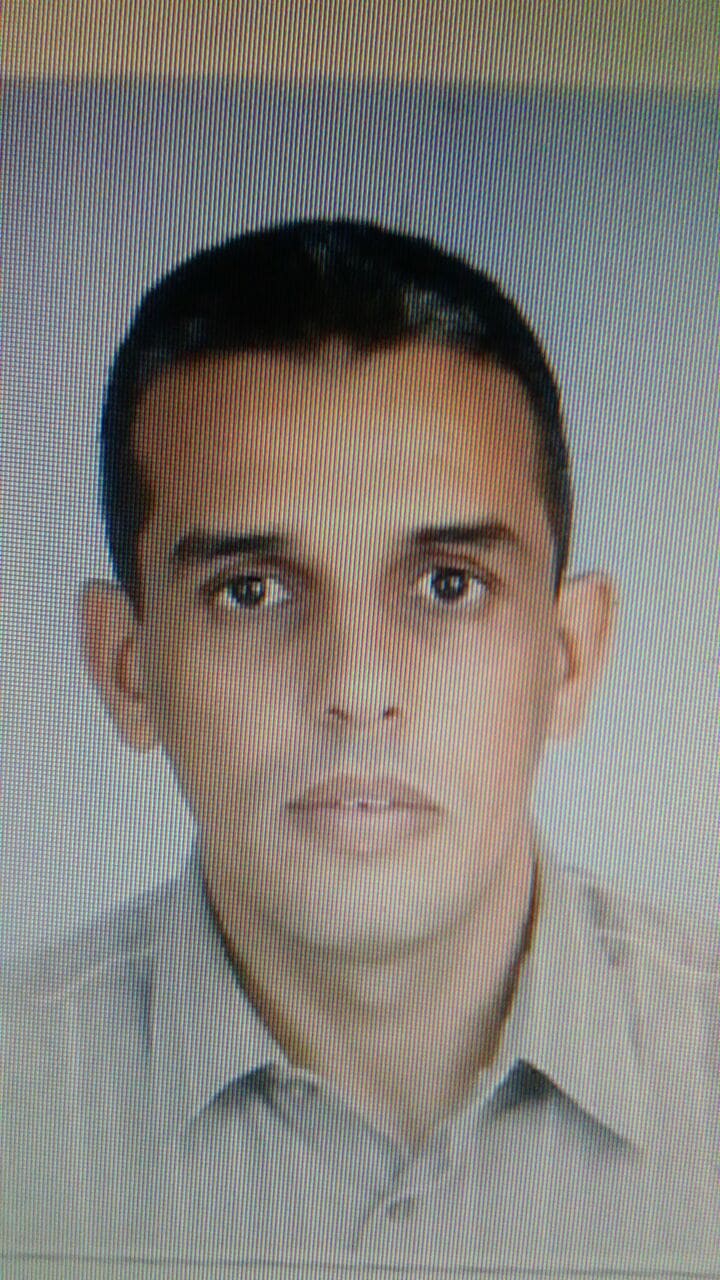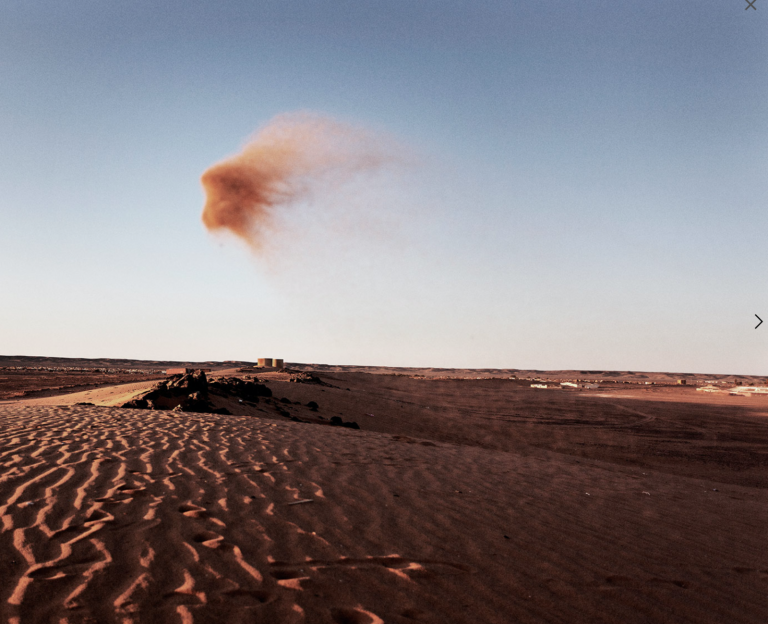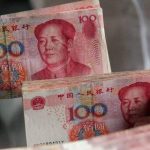The Western Sahara conflict arose as a legacy of colonialism. This territory was qualified as a non-self-governing territory by the United Nations in 1963 when Western Sahara was still a Spanish colony.
Since 1965, the United Nations has been making efforts to end the decolonization of Western Sahara. This question, considered at its birth as a question of application of the right of peoples to dispose of themselves, commonly through a free referendum where the Saharawi people will choose their destiny.
However, neither Spain, which occupied Western Sahara from 1884 to 1976 nor Morocco, which has occupied this territory since 1976, that is, the two colonial states have never respected UN resolutions or international law on decolonization, which leads us to say that the standstill situation is a constant in the Sahrawi question.

The conflict of Western Sahara, over forty-three years old, is now part of the category of “forgotten conflicts”. You should know that the absence of a final solution which respects the self-determination of the Sahrawi people has its origin in the geopolitical calculations of the great powers.
That’s why we have to answer to the following question, why have more than two decades of negotiations has failed to produce a breakthrough between Morocco and Polisario Front?
1-The stakeholders and the dynamic of the conflict
The conflict of Western Sahara has not only been played out between Morocco and Polisario Front but has also been intimately interwoven with interests, power aspirations, and the normative concepts of external actors. For centuries, foreign powers have influenced and shaped North Africa. It’s natural resources and geographical location make the region strategically significant for diverse actors such as Russia, the United States, France and Spain. Morocco and Polisario Front cannot resolve the conflict on their own but must take into account the interests of the numerous external stakeholders.

The direct actors:
In general, different reasons suggest that there have been no major changes in the positions of Morocco and the Polisario Front since 1976. As soon as Morocco discovered that the Sahrawi people will vote overwhelmingly for independence, Morocco camped in a position of total intransigence against any creation of Saharawi independent state. This is the reason why the initial peace agreement and the rest of the objects of the UN mission called MINURSO were blocked.
The position of the Polisario Front, as it is the weakest part he hides behind the respect of international law to prevail his rights, and like the Sahrawis have no allies within the Security Council that have the right of veto, then their position is relegated to the second rank. from a geopolitical point of view, the Polisario Front is underestimated in this equation, one of the streaks of this dead end.

The regional actors:
Algeria’s strong support for the Polisario Front. In effect, in the late sixties and first half of the seventies, Algeria became the main defender of the decolonization of Western Sahara through the exercise of the principle of self-determination, particularly in the scope of the UN and the AU. Algeria’s position in the conflict of Western Sahara is fundamentally due to the misgivings it maintains in front of its neighbour, and main opponent in the dispute for hegemony in the region, Morocco. Today South Africa play the same role as Algeria in supporting the Polisario Front within international bodies.
For Mauritania since its agreement in 1979 with the SADR(Sahrawi Arab Democratic Republic) as the only legitimate state to exercise its sovereign over the Saharawi territory, it seems clear, that Mauritania position is in favour of the self-determination of the Saharawi people, and their entry into the Saharawi conflict has been dictated by geopolitical reasons to block Morocco from claiming Mauritania as was customary.
The superpowers influence:
There is evidence that the only current superpower, the United States, supported Morocco’s invasion of Western Sahara, both diplomatically and logistically in organizing the so-called “Green March”, and through the provision of ‘weapons. But the USA position had a big change because by discovering directly the Saharawi people, the American decision-makers will opt for a new approach, that which associates the autonomy and the referendum recorded in the plan called Backer II called” the peace plan for the self-determination of the people of Western Sahara”.
France is other western power with strong interests in the North African region, also supported Morocco in its annexationist claims to Western Sahara. France publicly maintains a clear position advocating the peaceful resolution of the conflict but only if Western Sahara will be under Moroccan sovereignty, for historical and strategic reasons France privileges Morocco in this conflict and leaves aside the right of self-determination. The reason may be that France does not want an independent Sahara of Spanish culture and can be controlled by Spain.

Spain maintains a contemplative attitude, defensively accepting the de facto situation of Moroccan occupation and the Spanish position has become pro Moroccan since the from the entry of Spain to the EU in 1986.
2-The inertia of the Security Council
The inertia of the Security Council can no longer be proven concerning the question of Western Sahara. The UN mission(MINURSO) is one of the few missions that does not control the abuse of human rights and does not supervise the exploitation of the natural resources of a non-autonomous territory such as Western Sahara. To this is added the confinement of S.C in Chapter VI without going to Chapter VII if you want to resolve the question of international law of jus cogens: as the right of peoples to self-determination.
That is, in one way or another, S.C prefers the status quo since the Sahrawi issue threatens neither the security nor the regulation of the international system. In a way, the SC has learned to live with the situation of the impasse and it seems prepared to wait and maintain the status quo until something happened, like for example the parties find their solution or external force resolution.
3-The future of Western Sahara is postponed and uncertain
It seems that the Saharawi question cannot reach the path towards final peace without there being a radical change in the perception of the two parties to the conflict, and this cannot be seen there without the two regimes being democratic regimes, because the principle of self-determination It is a principle of democracy and human rights.
The other important problem is that of the play of the great powers and their rivalry which influences the course of this old question, without a ground of waiting for them they will remain has fed the conflict towards the more conflictual situation, as France does by helping Morocco to take a counterproductive position, at the mercy of respect for international law.
From the above, it is clear that the future of decolonization in Western Sahara is in the hands of the great powers, and they are moving to eternize the status quo of non-peace and non-war like the Cyprus conflict.
Author
-

The analyst and researcher in geopolitics based in El Aaiun Western Sahara. PhD in International Law and International Relations in 2007 from the French Language University of Casablanca, Morocco.
View all posts




